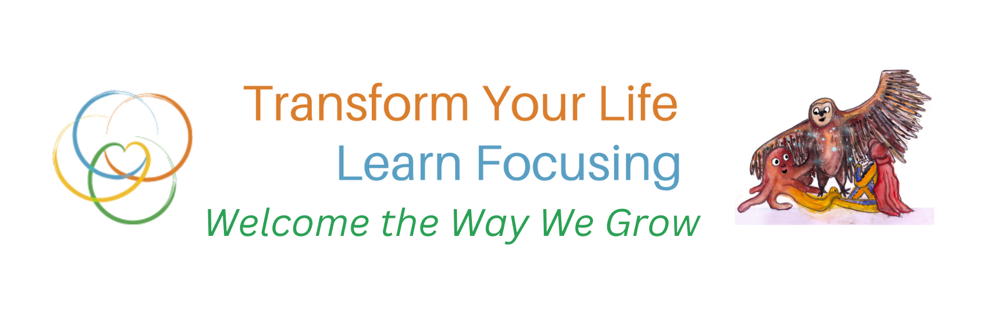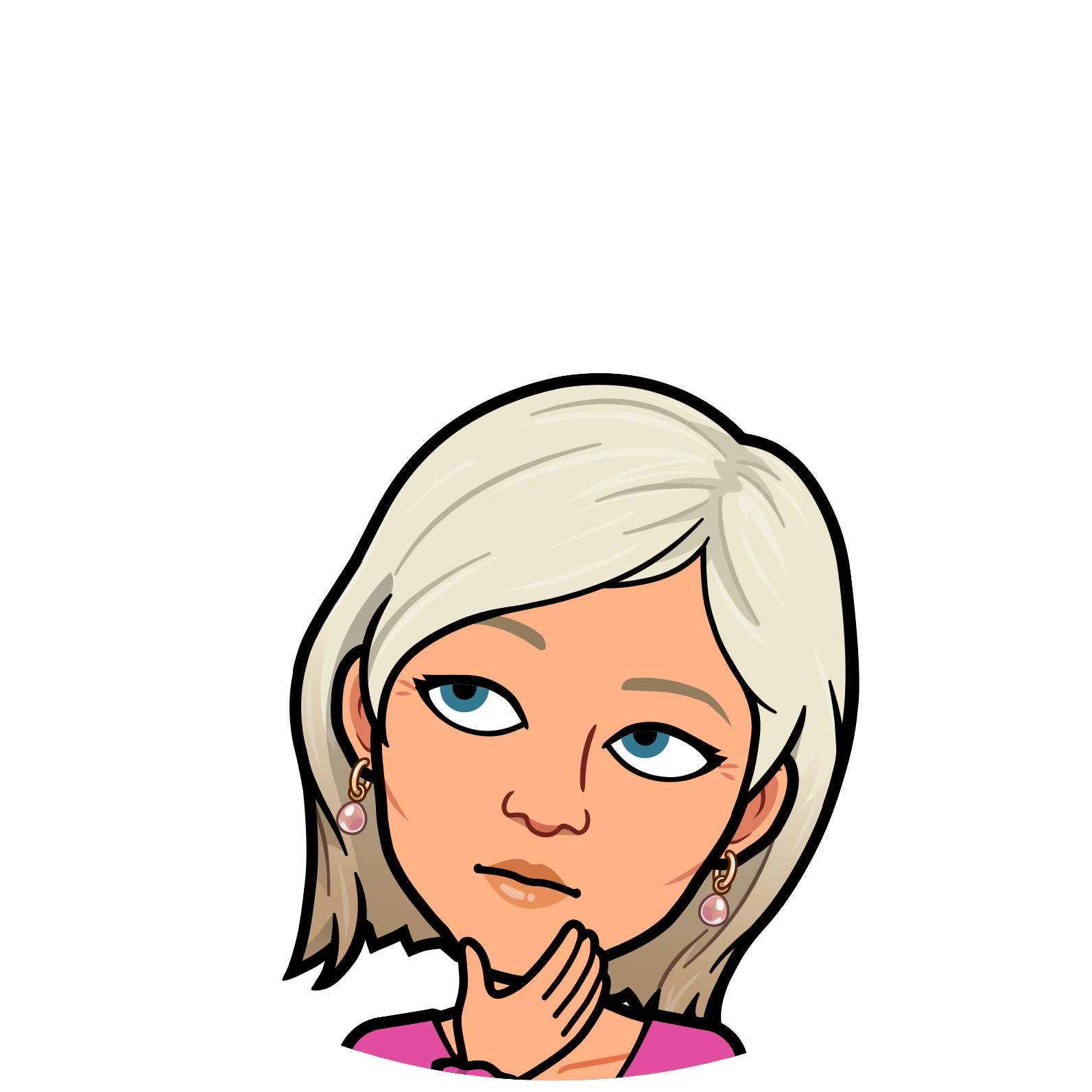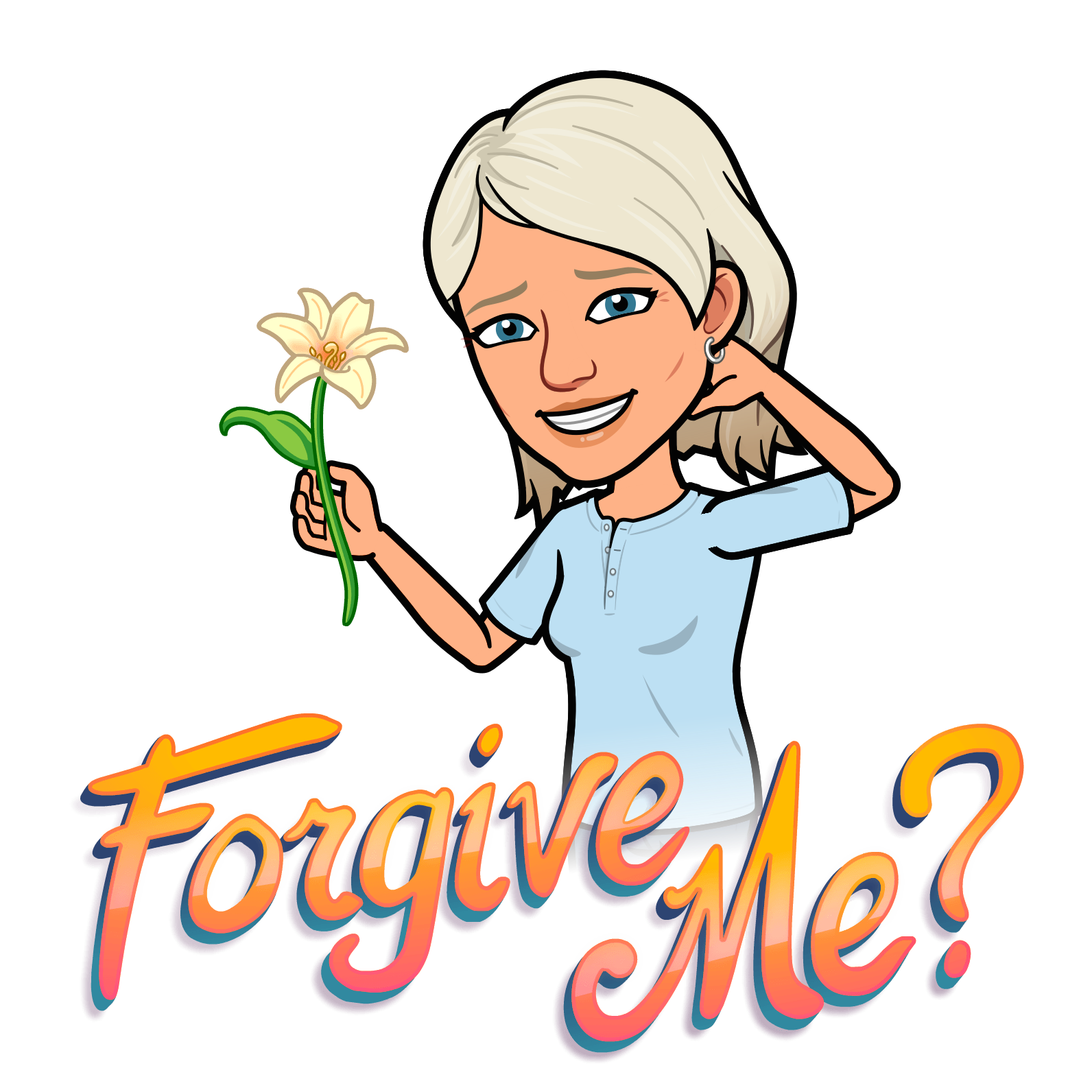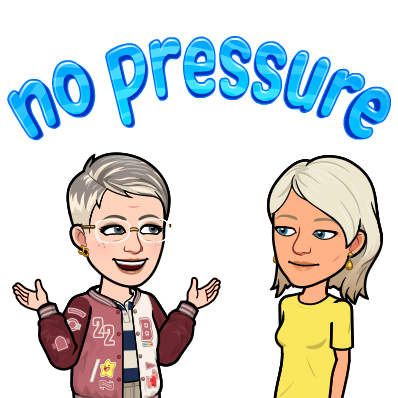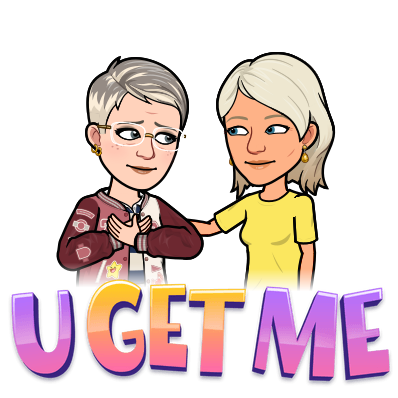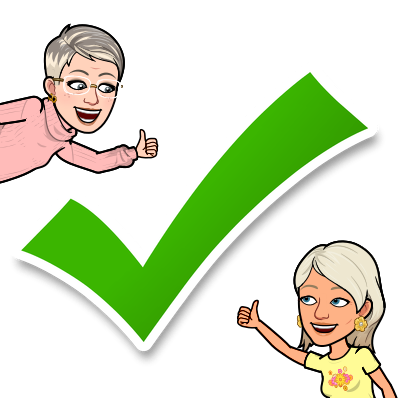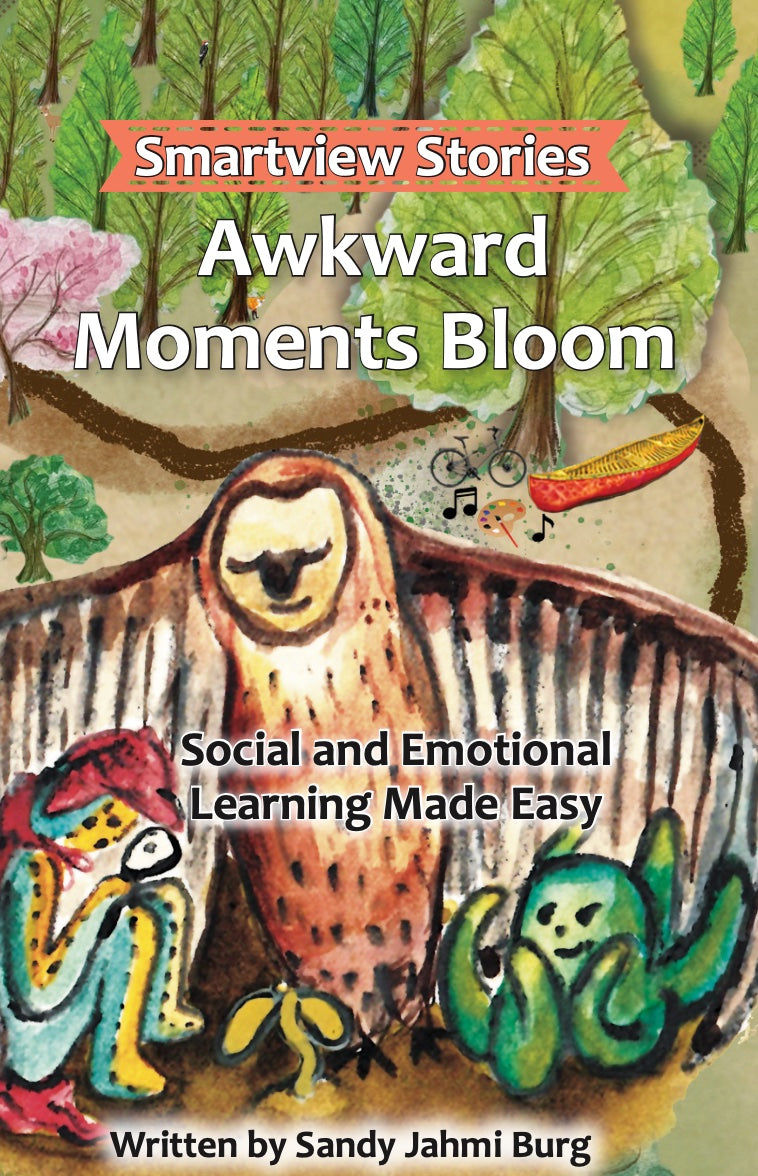Transform Your Life, Learn Focusing, Welcome the Way We Grow
History of The Focusing Process
"The Focusing technique is based on research into successful personality change done by Eugene Gendlin and his colleagues. They compared successful therapy clients with unsuccessful ones, discovering that success in therapy could be predicted from client behavior in the first few sessions. If at some point in the session the client had an unclear bodily awareness, and slowed down his or her talking in order to refer to this and try to symbolize it, then the psychotherapy would ultimately be successful. Gendlin named this unclear bodily awareness the "felt sense," and the process of attending to the felt sense, in such a way that meaning emerges, he called Focusing. He developed a method of teaching Focusing, taught it to therapy clients and others, and eventually wrote a book for the general public (1981). By 1997 Gendlin and his colleagues had brought the Focusing process to schools, businesses, hospitals, religious communities, and tens of thousands of individuals throughout the world. Although Gendlin developed it as a teachable technique, Focusing is not an invention. It is a naturally occurring skill that can be observed in people of all cultures and backgrounds. The ability to receive and confirm inner knowing through Focusing is a human birthright. Unfortunately, Focusing ability is trained out of most people living in industrial and postindustrial societies, which place a premium on logical, intellectual ways of knowing. Most of us must be retrained in order to use Focusing effectively, and even people who have retained their natural Focusing ability can benefit from learning it as a consciously accessible skill." * excerpt from "The Focusing Technique: Confirmatory Knowing Through the Body" by Ann Weiser Cornell, 1998
